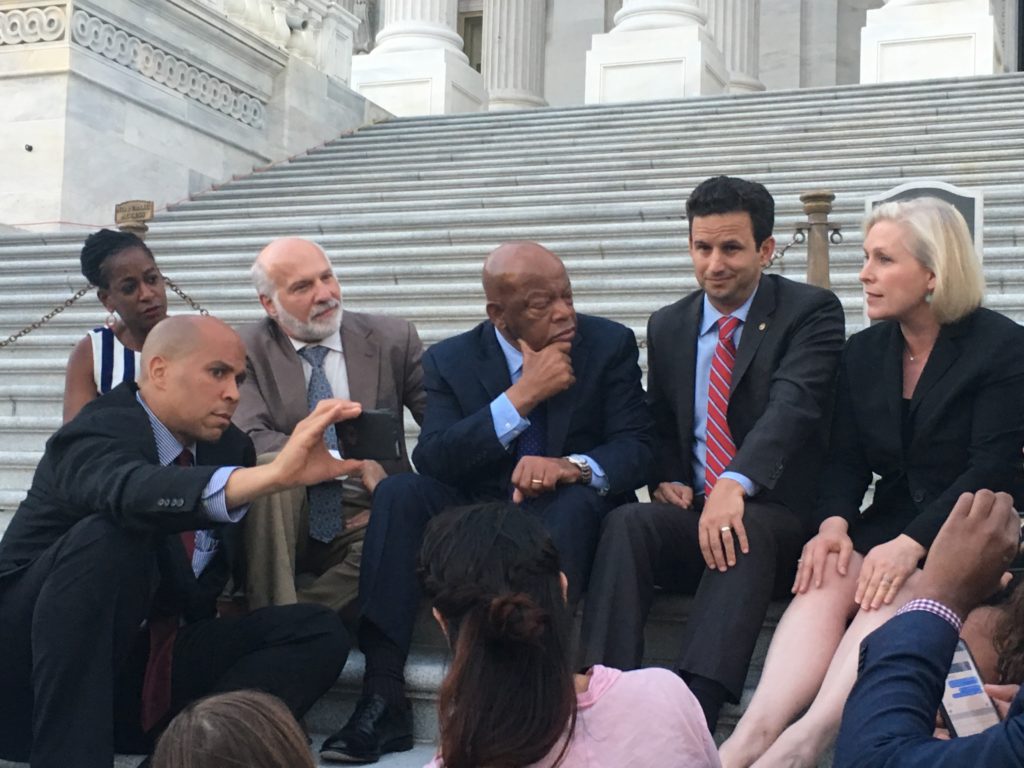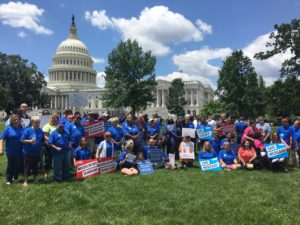Updated CBO Score of Senate Health Care Bill Confirms the Worst for Individuals With Disabilities
Washington, DC – The Arc released the following statement in response to the Congressional Budget Office’s updated report on the Senate Health Care Legislation:
“The Congressional Budget Office’s (CBO) initial score of the Senate Republican’s health care plan confirms that this legislation will have a dire impact on people with intellectual and developmental disabilities. This bill cuts $772 billion from Medicaid. But the real price we will pay is the health of millions of Americans who rely on Medicaid to live and work in their communities. The second score showed how much deeper the cuts will be long-term. CBO found that compared to current law Medicaid would decrease by 35% in 2036.
“The numbers highlight what we already knew – this bill is dangerous and insufficient to keep people with disabilities insured or support anyone with complex medical needs. Any Senator supporting this travesty of a bill will be accountable for the negative impact on their constituents and the irrevocable damage it will do to our community based services system. As the initial CBO score showed, a vote in favor of this bill is a vote in favor of cutting health care coverage from at least 22 million individuals by 2026. Per the report, by next year, 15 million more people would be uninsured compared with current law.
“This bill unravels decades of bipartisan work and sets back the progress of the disability rights movement in our nation, all for the purposes of giving a massive tax cut to health insurance firms, pharmaceutical companies, medical device manufacturers, and other entities. The authors of this legislation show a disturbing disregard for the health, wellbeing, and independence of their constituents with disabilities. The numbers paint a bleak picture – these cuts could mean the difference between community living and life in an institution or in some cases the difference between life and death. The cuts to Medicaid included in this bill are an assault on people with intellectual and developmental disabilities and we implore Senators to do the right thing and oppose this bill,” said Peter Berns, CEO of The Arc.




 As part of its inaugural Research to Practice series,
As part of its inaugural Research to Practice series, 





